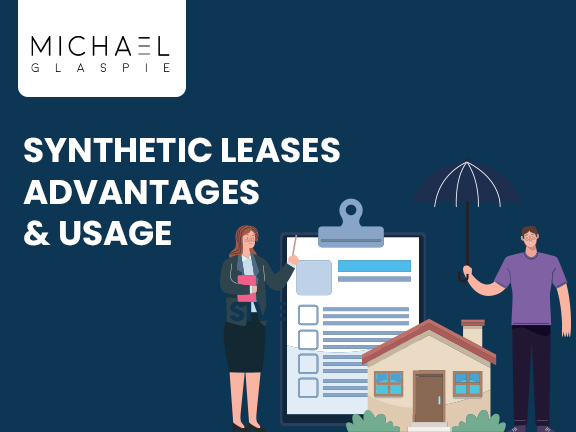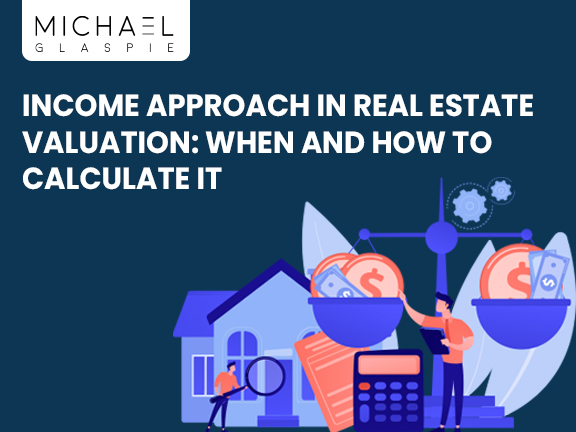Welcome to this informative blog post where we will demystify the concept of Synthetic Leases and explore how they can be leveraged to your advantage in various financial scenarios. Synthetic Leases are a powerful financial tool that can help businesses and individuals optimize their lease financing strategies. In this article, we will delve into the fundamentals of Synthetic Leases, explaining how they differ from traditional leases and highlighting their potential advantages in today’s ever-evolving financial landscape.
Understanding Synthetic Leases
Let’s begin by breaking down the core concept of a Synthetic Lease. Essentially, a Synthetic Lease is a financing arrangement that has characteristics of both a lease and a loan. It is a hybrid financial instrument that allows the lessee (the party using the asset) to gain some of the benefits of ownership while maintaining certain tax and accounting advantages associated with leasing.
How Does A Synthetic Lease Work?
In a Synthetic Lease, the lessor (the party that owns the asset) retains legal ownership of the asset, but the lessee enjoys many of the economic benefits and responsibilities of ownership. This arrangement is often used for assets like real estate or expensive equipment. Here’s a simplified breakdown of how it works:
Ownership:
The lessor technically owns the asset, which means it remains on their balance sheet.
Lease Payments:
The lessee makes regular lease payments, similar to traditional lease agreements.
Tax Benefits:
The lessee can often deduct the lease payments as an operating expense, leading to potential tax advantages.
Use and Control:
Despite not having legal ownership, the lessee has significant control over the asset’s use, maintenance, and even potential appreciation in value.
End-of-Term Options:
At the end of the lease term, the lessee may have the option to purchase the asset at a predetermined price, effectively transitioning from a lessee to an owner.
Why Does This Work?
The appeal of Synthetic Leases lies in their ability to offer flexibility and financial advantages. Here are some reasons why businesses and individuals consider using them:
-
Tax Benefits:
By deducting lease payments as operating expenses, lessees can potentially reduce their taxable income, resulting in lower tax liability. -
Off-Balance Sheet Financing:
Since the asset remains on the lessor’s balance sheet, the lessee’s balance sheet may look stronger, making it easier to obtain other financing or credit. -
Control without Ownership:
Lessees can use and benefit from the asset without the burden of full ownership, which can be especially advantageous for assets with high maintenance costs or depreciation. -
Cost-Effective Financing:
Synthetic Leases often offer competitive interest rates, making them an attractive financing option.
When To Consider A Synthetic Lease
The decision to pursue a Synthetic Lease should be based on your specific financial goals and circumstances. Here are some situations where considering a Synthetic Lease might make sense:
-
Asset Utilization:
When you need access to an asset for your business but prefer not to tie up capital in ownership. -
Tax Planning:
If you are looking to optimize your tax strategy by deducting lease payments and potentially lowering your taxable income. -
Off-Balance Sheet Financing:
When you want to maintain a strong balance sheet to attract investors or secure other financing. -
Control and Flexibility:
If you require significant control over an asset without the long-term commitment of ownership.
Final Verdict
Synthetic Leases offer a unique and versatile approach to financing assets, providing a middle ground between leasing and owning. They can be a valuable tool for businesses and individuals seeking financial flexibility, tax advantages, and control over assets without the full burden of ownership.
However, it’s essential to approach Synthetic Leases with caution and seek professional financial advice to ensure they align with your specific goals and risk tolerance. As with any financial decision, there are potential risks and complexities that should be carefully considered. If you’re interested in exploring the potential benefits of Synthetic Leases for your business or personal finances, it’s advisable to consult with a financial advisor or expert who can provide tailored guidance based on your unique circumstances.
Are you intrigued by the concept of Synthetic Leases and how they can be used to your advantage? To gain a deeper understanding and explore whether they are a suitable financial strategy for you, consider scheduling a consultation with a financial expert. They can provide personalized insights and help you make informed decisions about your leasing and financing needs.
Schedule your consultation today:
Remember, financial decisions have a profound impact on your overall financial health, so it’s essential to make informed choices based on your unique circumstances and goals. Don’t hesitate to reach out to a financial professional to explore how Synthetic Leases can be a valuable tool in your financial toolkit.
Disclaimer:
This article is for educational and entertainment purposes only and should not be considered financial or legal advice. The information provided is based on general knowledge and research up to September 2021. Financial decisions should be made with careful consideration of your individual circumstances and in consultation with qualified financial professionals.
Youtube Video:
What Is A Synthetic Lease And How Can It Be Used To Your Advantage





